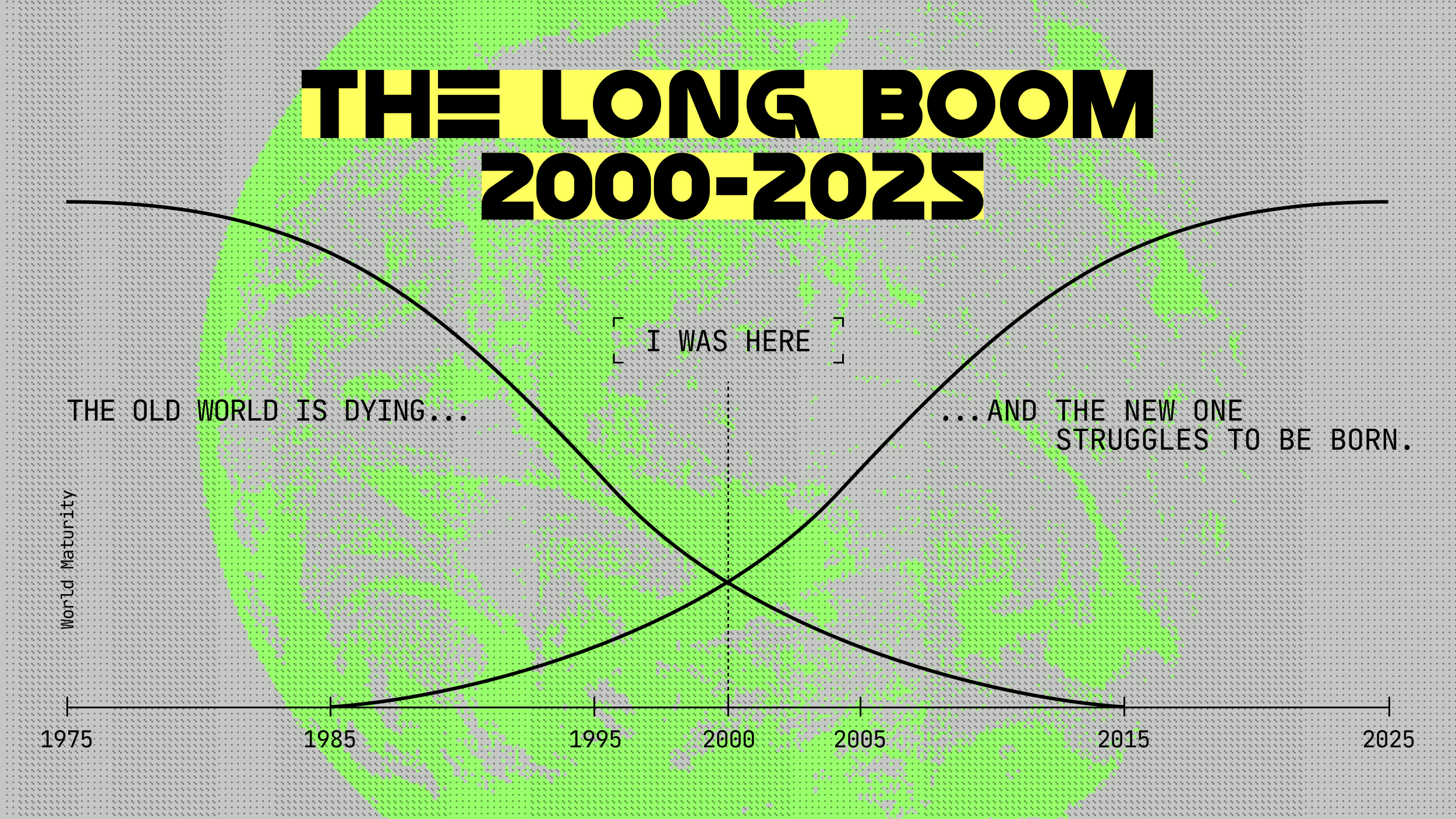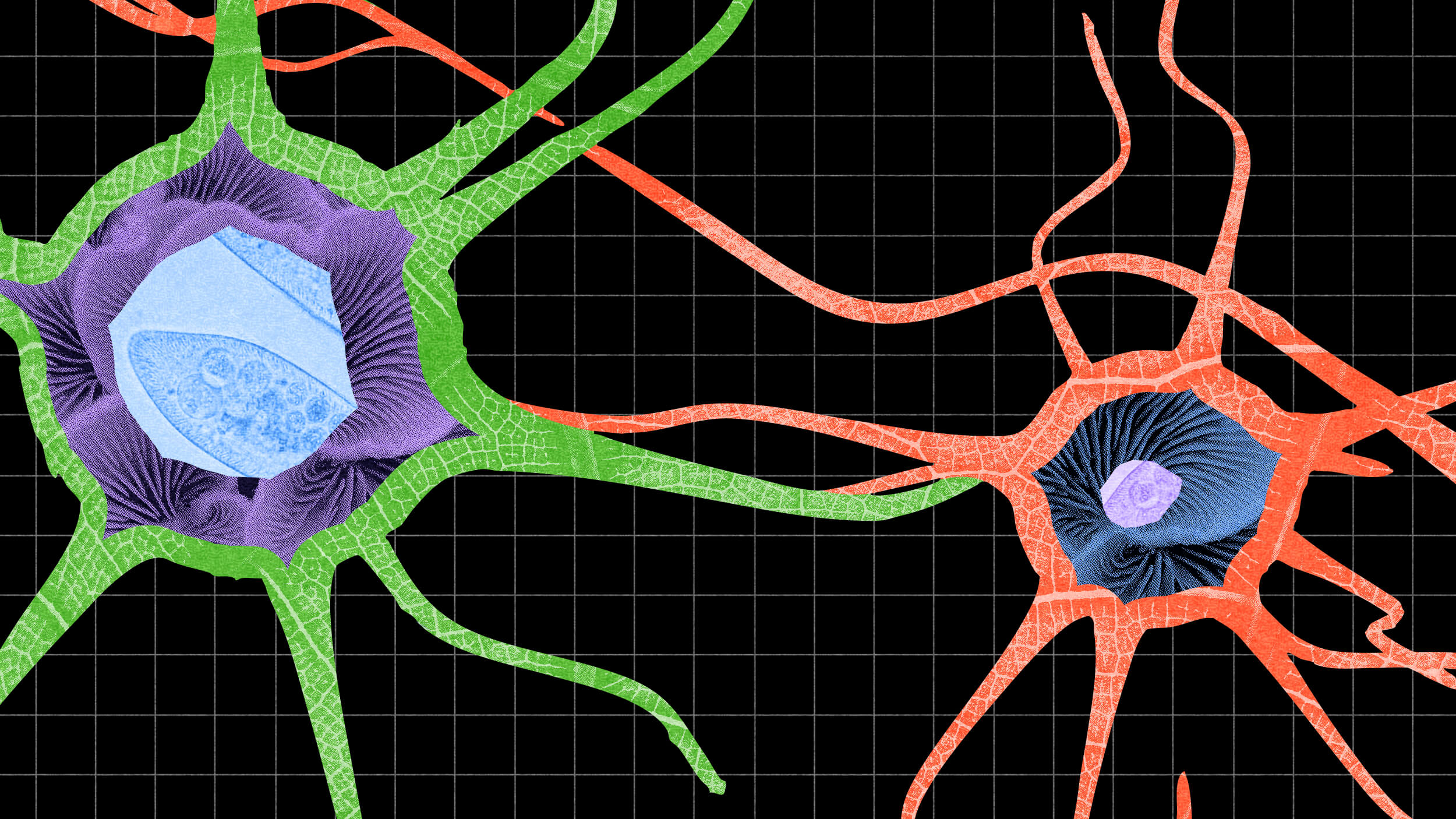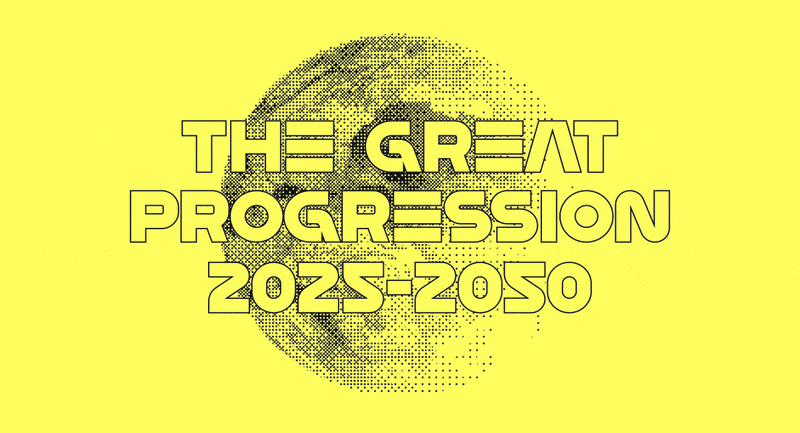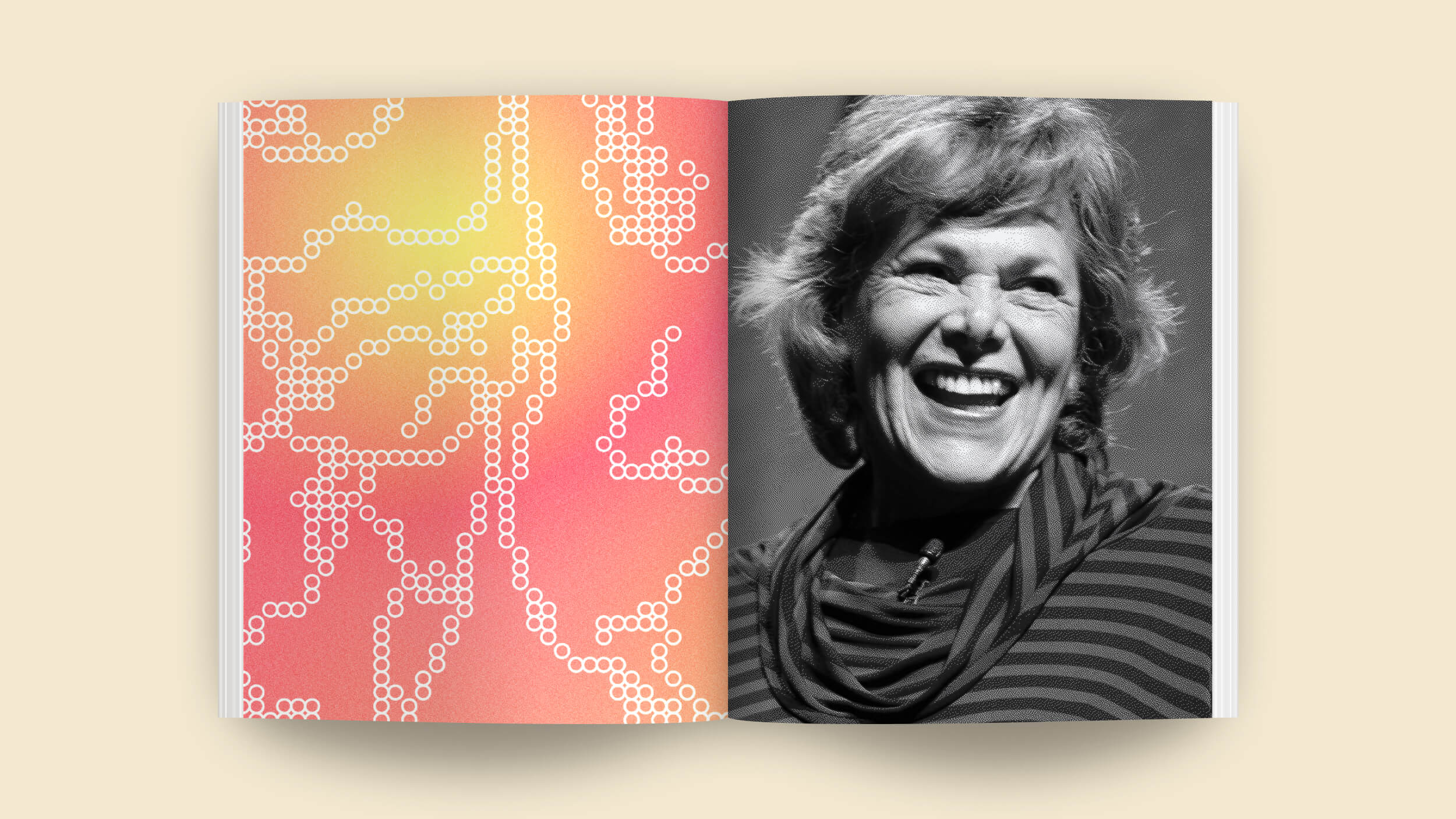A new venture aims to foster stability in war-torn regions through an act of creative destruction: acquiring AK-47s and transforming them into rare jewelry, watches and accessories.
Peter Thum: The risks that are necessary to be a social entrepreneur, to be an entrepreneur who starts a company or some combination of the two are the same because if you want to introduce massive change in the market or in society, you have to do things that challenge the way that people act. You have to make people be uncomfortable. That’s the nature of entrepreneurship altogether.
In terms of coming up with a concept, start with an emotional commitment to something or an intellectual belief that if you don’t pursue this the world would not be as good as it might be, or, some customer won’t be served in the way that they should be. Whatever kind of personal value comes out of that - if it’s enrichment or you achieve some specific aim - I think that’s secondary to being very specifically committed. And usually the people who I know who are monomaniacal about doing something are much more likely to be successful than people who are merely concerned with trying to become rich.
So Fonderie47 is a venture and it’s a brand. It started about two years ago. I was in Africa working on an Ethos project and met young men who were armed with assault weapons and started to think about the implications of that. And John, my business partner, was in Tanzania visiting a conference and then going out and meeting entrepreneurs and was thinking about making investments, saw the same kinds of problems, and started to think about the risk that was involved in making investments where people had guns. And so the two of us started talking about that, and we decided that we would try to do something that was transformative. And that conversation evolved into Founderie47, and what we do is take AK47s from war zones in Africa. We transform the material into raw steel and then we partner with very exceptional designers to make jewelry and watches and accessories that are sold at the top end of each of those markets. And then the funding that’s generated from those is then invested in weapon destruction and youth leadership programs back in Africa.
And so our main focus in terms of what we want this venture to do is to significantly reduce the number and impact of assault weapons in Africa. That probably doesn’t begin with a number as a target, but it begins with a mindset and sort of thinking about, what do you have to get people to start feeling and thinking and doing to move in the direction of saying there should be a target. And so, helping people to understand how these weapons play a role in Africa's problems - how they enable a lot of the fear, they enable things like poaching, rape, they enable genocide, they enable conflict on a scale that’s much greater than Africa knew before they were present - and I think, if we can draw down some of the numbers and demonstrate that it’s possible and show people what kind of difference it makes in someone’s life that weapons are being removed, then we can start to attract interest from other funders, from other NGO’s, from international organizations and ultimately from governments who will see this as a way of facilitating stability and ultimately higher economic activity.
Ethos Water and Founderie47, they challenge people in very specific ways. They challenge thinking; they challenge people who are on lots of different points of political and economic perspectives. And trying to do something that’s revolutionary or that will be significantly disruptive to the way that people think and act and purchase doesn’t begin with an idea that is immediately accepted. It wouldn’t make any sense if it did.
Directed / Produced by
Jonathan Fowler & Elizabeth Rodd





